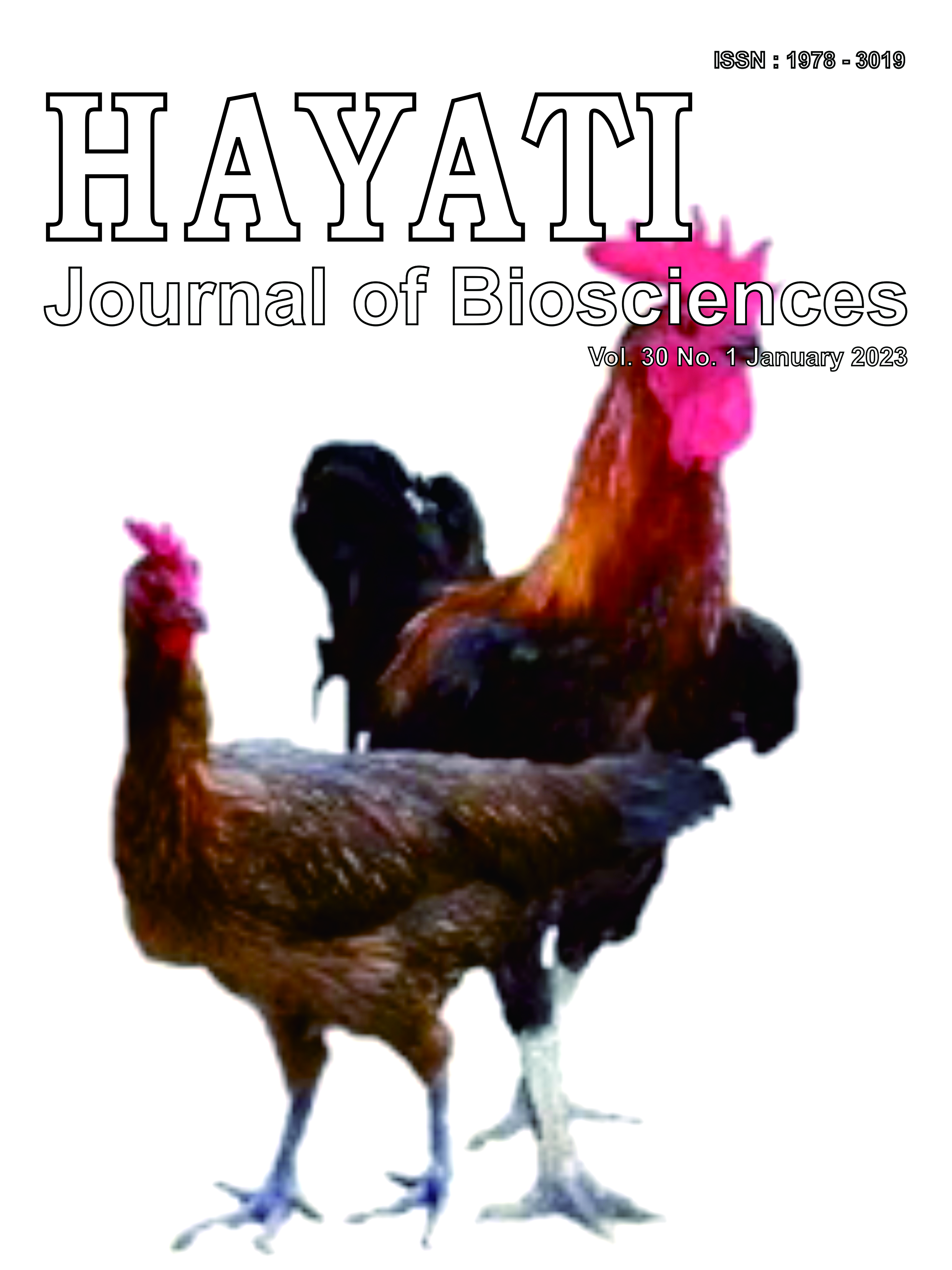The Potential Selective Oncolytic Effects of Newcastle Disease Virus (NDV) on Cervical and Colon Cancer Cell Lines
Abstract
The mesogenic and velogenic strains of the avian Newcastle Disease Viruses (NDV) have been investigated for use in cancer virotherapy. However, despite its promising results, these strains have the potential to cause outbreaks leading to morbidity and mortality in large numbers of avians that can devastate the poultry industry. Therefore, there is a growing interest towards the use of lentogenic strains such as NDV LaSota vaccine strain for virotherapy. This study investigated the oncolytic potential of the NDV LaSota strain on colorectal cancer (HT29) and cervical cancer (HeLa) cell lines. The NDV LaSota stain was propagated in pathogen free embryonated chicken eggs and quantified using a hemagglutination assay. The oncolytic activity was evaluated by comparison of HT29 and HeLa cell lines to the non-cancerous human embryonic kidney (HEK293) cell line using 3-(4,5-dimethylthiazol-2-yl)-2,5-diphenyltetrazolium bromide (MTT) viability assay. The highest NDV concentration of 16 HAU was found to reduce the viability of HT29, HeLa, and HEK293 cell lines to 42±3% (p = 0.0001), 49±12% (p = 0.0009), and 77±5% (p = 0.007), respectively, indicating its potential selective cytotoxicity, as supported by the disturbed cell morphology. The NDV LaSota strain exhibits a potential selective oncolytic activity towards cancer cell lines, thus may serve as an interesting candidate for virotherapy against colorectal and cervical cancer.
Downloads
Copyright (c) 2023 Jyothsna Girish, Lorina Handayani Ulag, Fabian Marcello, Alvaro Filbert Liko, Nathaniel Alvin Sanjaya, Edward Ciputra, Sharleen Elvira, Kenny Yonatan, Monica Angel Tanissa, Yosua Nungky Setiawan, Felic Fanusi, Marsia Gustiananda

This work is licensed under a Creative Commons Attribution-NonCommercial 4.0 International License.
HAYATI J Biosci is an open access journal and the article's license is CC-BY-NC. This license lets others distribute, remix, tweak, and build upon author's work, as long as they credit the original creation. Authors retain copyright and grant the journal/publisher non exclusive publishing rights with the work simultaneously licensed under a https://creativecommons.org/

























.png) IPB University
IPB University Department of Biology
Department of Biology The Indonesian Biological Society
The Indonesian Biological Society 

